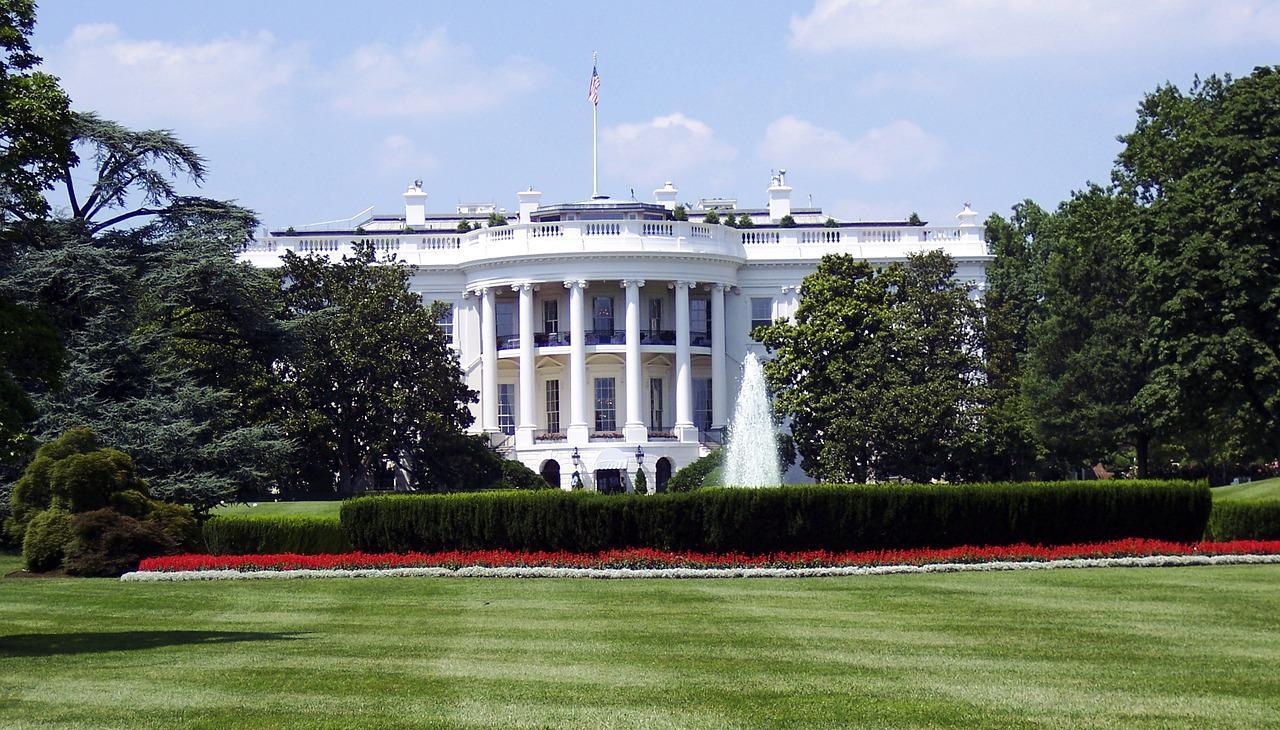
Guide to unlock Bipartisan Infrastructure Law resources
The Biden Administration published the technical assistance guide to help communities unlock resources from this law.
To help state, local, tribal, and territorial governments navigate, access, and deploy infrastructure resources in the midst of this period of economic recovery, the White House has released the Bipartisan Infrastructure Law technical assistance guide. It highlights initiatives that work to enable communities to access practical and intensive planning programs, while also delivering support for communities, in some cases with self-directed resources and tools, such as webinars and websites, or through financing that supports project planning.
In addition to highlighting the importance of these government efforts, the Biden-Harris Administration also underscores the importance of philanthropic, nonprofit, and labor organizations, which have been a fundamental part of the United States’ recovery, and whose commitment has allowed the creation of a channel to help diverse communities grow.
From the government they also highlight the allocation of more than $700 million through 65 technical assistance programs, where more than 90% of the funds will be deployed by non-federal partners.
“Building a better America requires that we leave no community behind. This guide aims to pull together the many different technical assistance resources available across the federal government that can help communities deliver transformative infrastructure projects. We are also grateful to the many philanthropic organizations who have stepped up to support states and local communities in ensuring we do not leave any community behind in this once-in-a-generation investment,” said Mitch Landrieu, Senior Advisor & Infrastructure Implementation Coordinator.
Participating Philanthropic Organizations
The White House stated:
We are also grateful to the many philanthropic organizations who have stepped up to support states and local communities in ensuring we do not leave any community behind in this once-in-a-generation investment.
- Bloomberg Philanthropies, Emerson Collective, Ford Foundation, and Kresge Foundation
Through their Local Infrastructure Hub platform, these organizations are working on the creation of a national program to guarantee that all cities and towns in the United States can access federal infrastructure funds to promote local recovery, improve communities and deliver results for residents.
The economic commitment of $50 million to local communities is added to the collaboration with the U.S. Conference of Mayors, National League of Cities, and Results for America, entities that work with these funds especially to reduce racial disparities in wealth and reduce the emissions that cause climate change.
- Accelerator for America
They offer technical assistance, in-kind support for strategic planning and grant writing, communications strategy, policy research, and guides to help local government and development leaders navigate the Bipartisan Infrastructure Law and access supplemental funding opportunities.
They currently work with infrastructure projects in 20 cities and are looking to expand their reach.
RELATED CONTENT
- Communities First Infrastructure Alliance
They work hand in hand with technical assistance providers, frontline communities, and government leaders to build just, equitable, and more resilient communities.
Members of this alliance work collectively to support communities with the resources, capacity, and technical assistance needed to actualize community-focused plans, projects, and visions.
- What Works Plus (WW+)
This important effort by philanthropic, government, and nonprofit organizations to advance racial and economic equity through fairer and more climate-resilient infrastructure investments, seeks to deliver better outcomes for communities, workers, and employers.
- The Climate Jobs National Resource Center
It works so communities and states can benefit from workforce training, including building an equitable and inclusive renewable energy economy by investing in union apprenticeship and pre-apprenticeship programs.
They work hand-in-hand with climate jobs unions and coalitions to support a successful implementation effort by expanding and strengthening initiatives that increase access to climate jobs for infrastructure workers in underserved communities.
“The historic $1.2 trillion Bipartisan Infrastructure Law is rebuilding crumbling roads and bridges, replacing lead pipes to provide clean water, delivering cleaner energy, helping provide affordable, high-speed internet to every family in America, and producing concrete results that change people’s lives for the better. As the Administration implements the law, it is following through on President Biden’s commitment to ensure investments advance equity and reach communities all across the country — including rural communities, communities of color, and disability communities — and strengthen the nation’s resilience to climate change,” it was highlighted.











LEAVE A COMMENT: